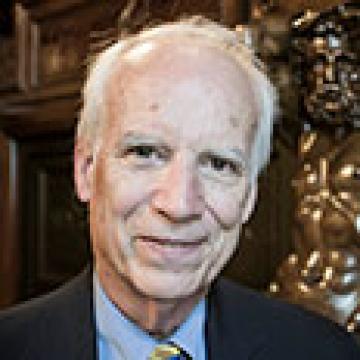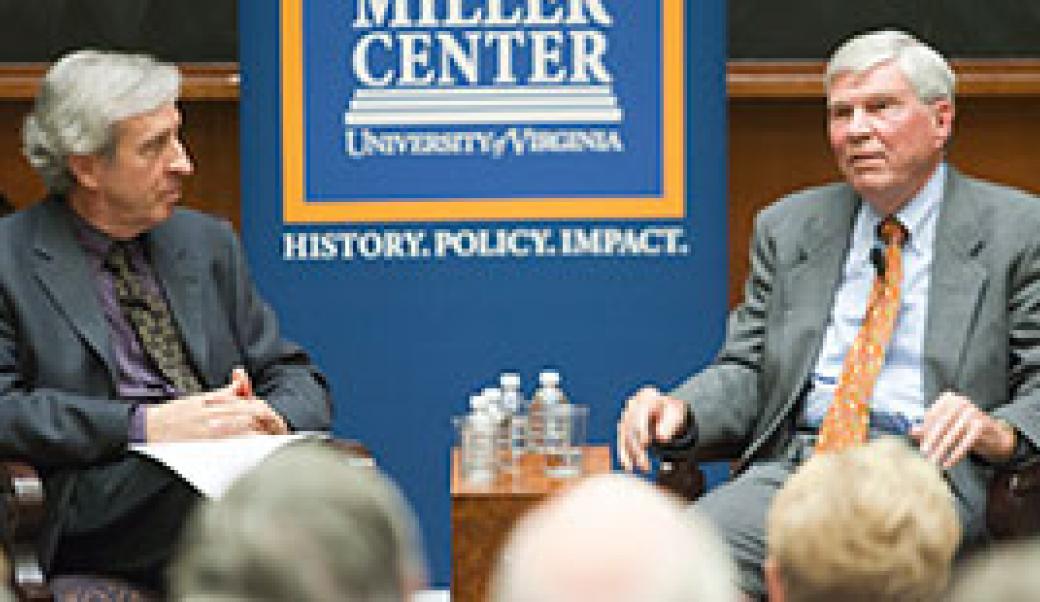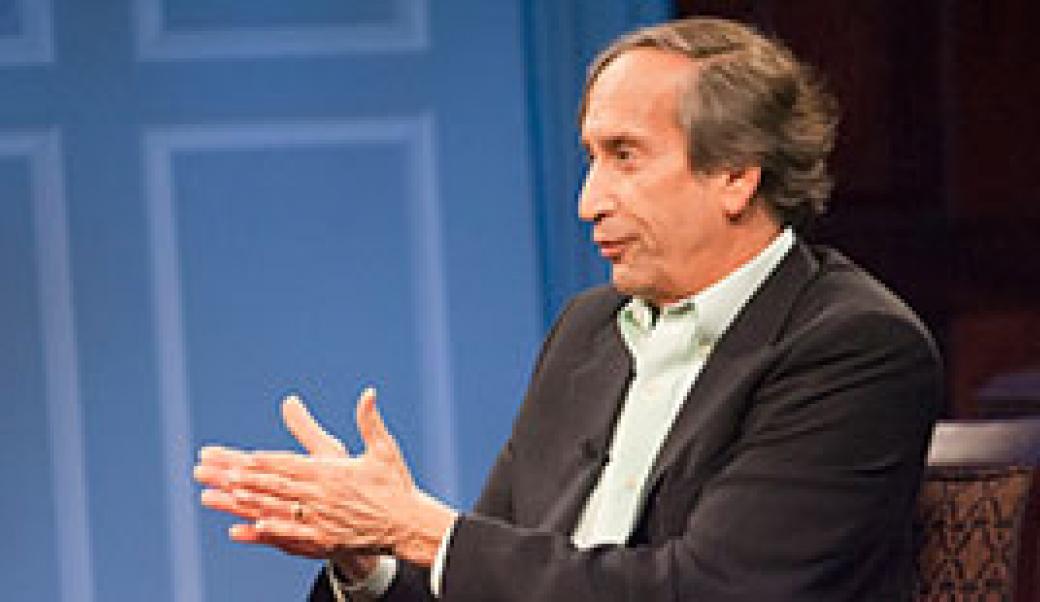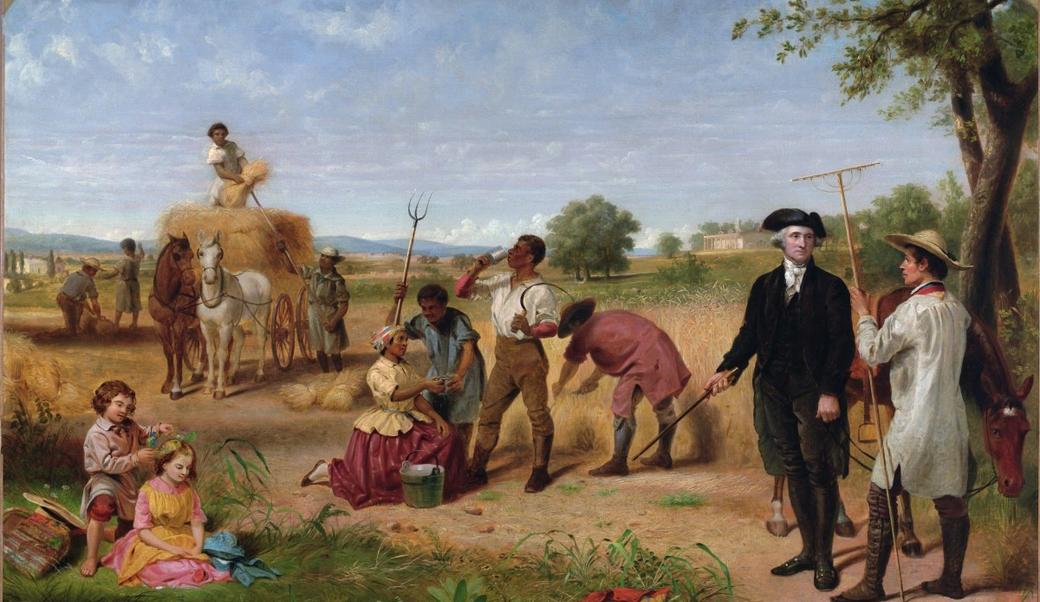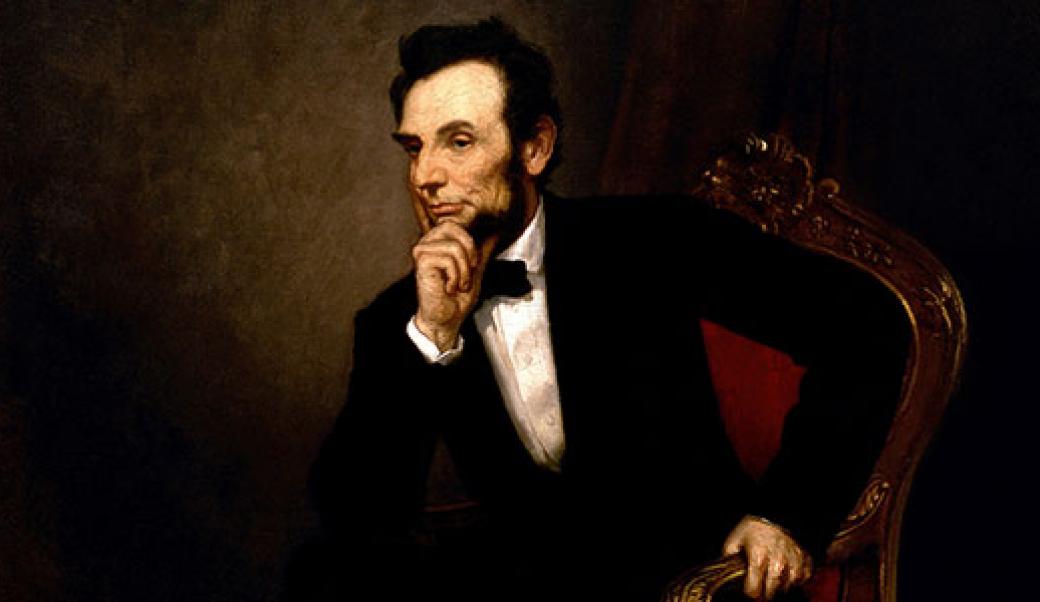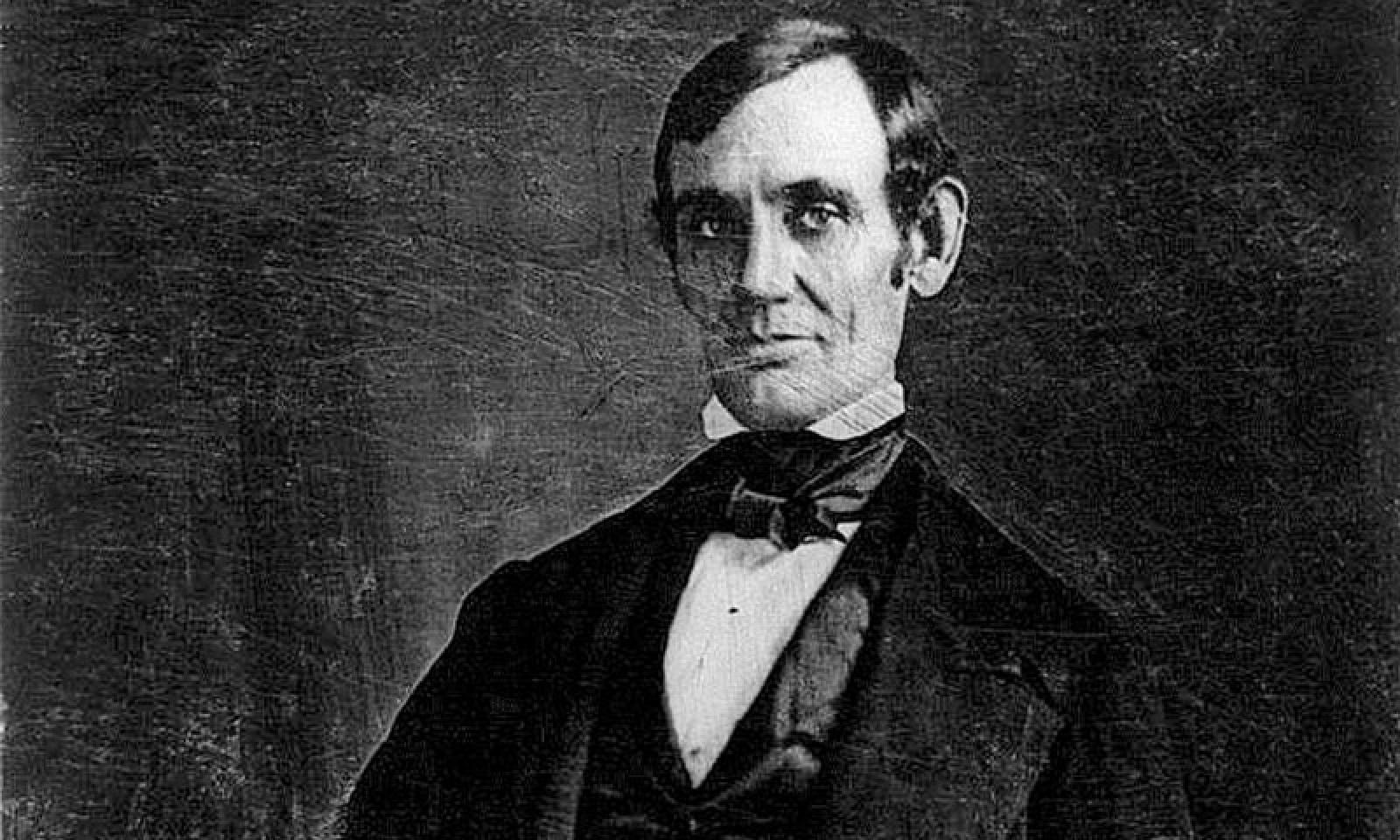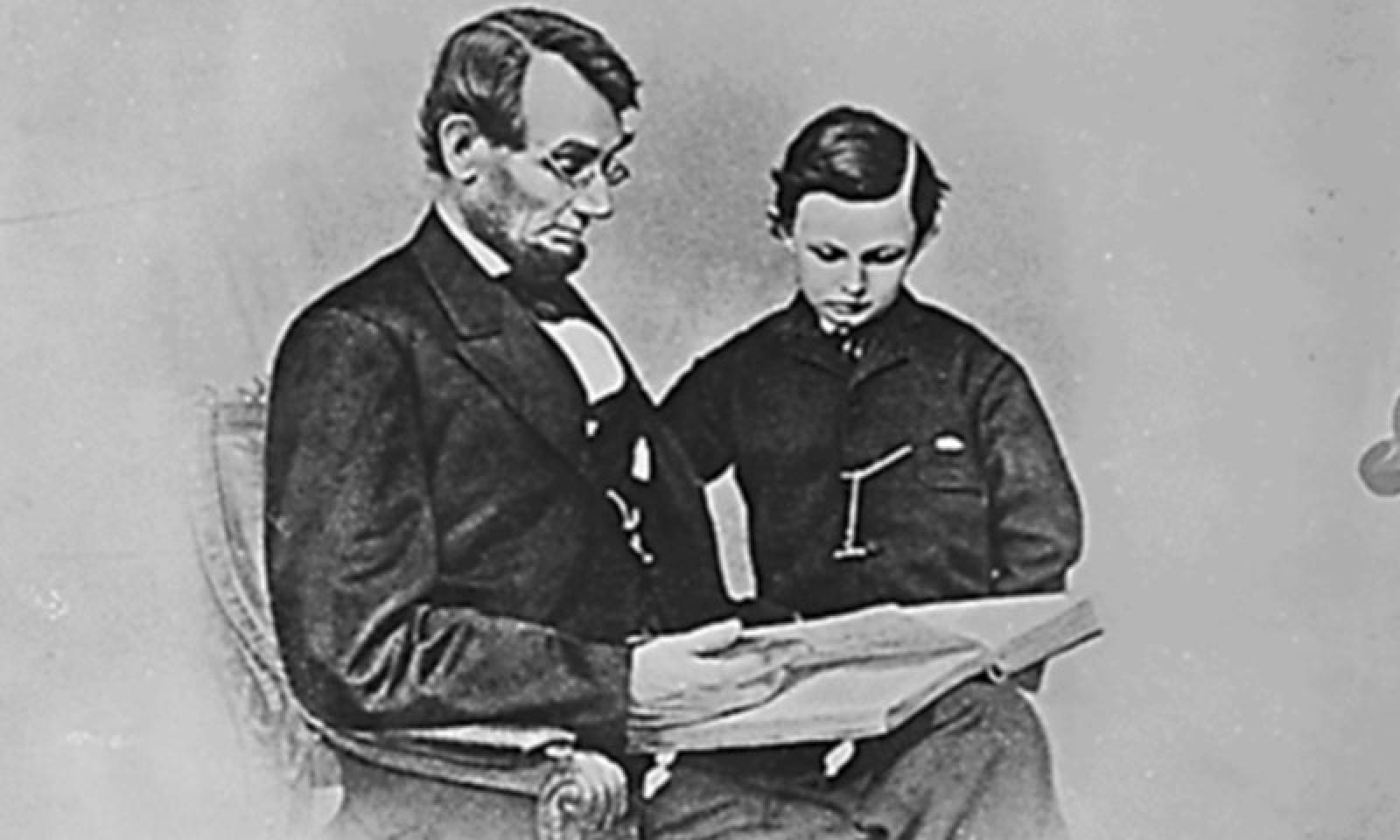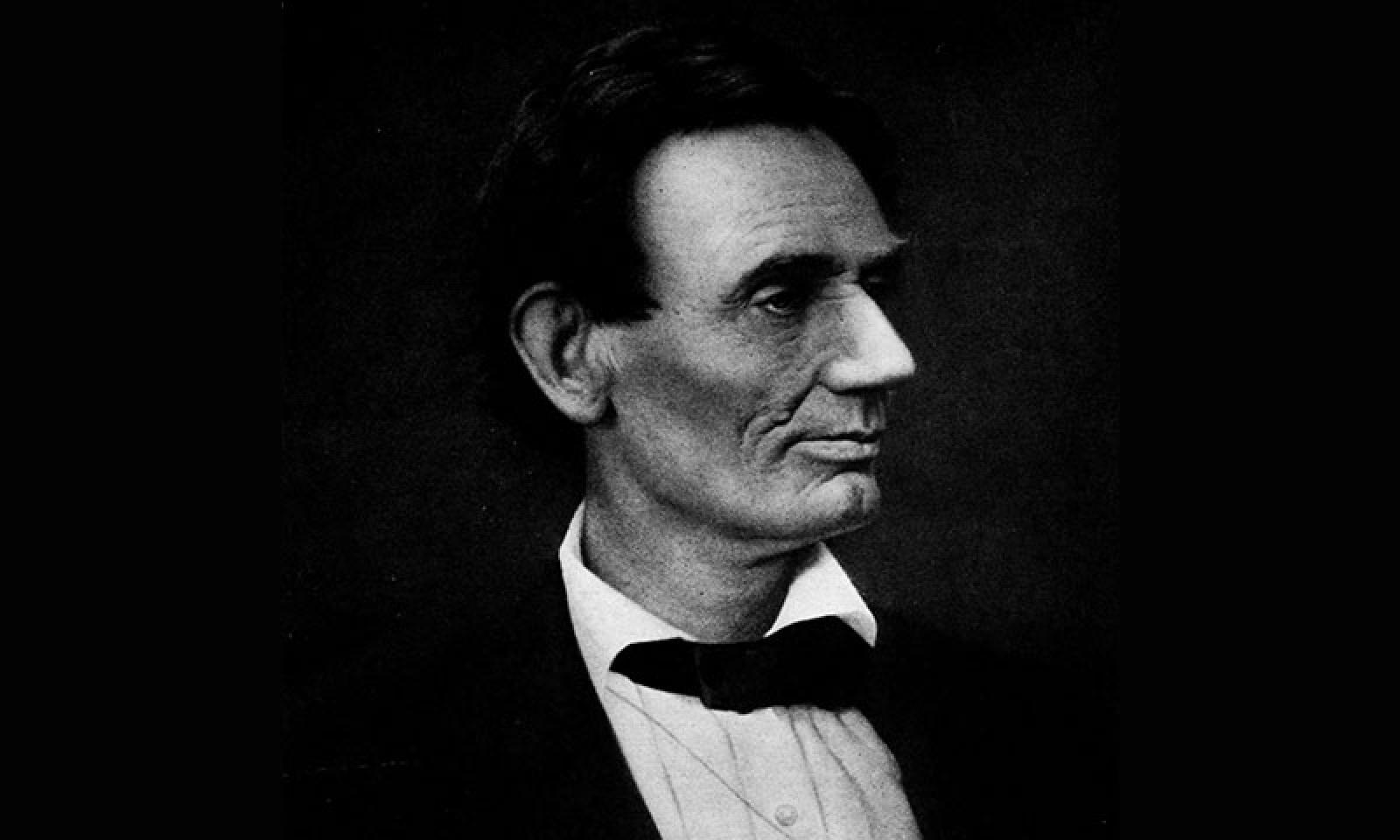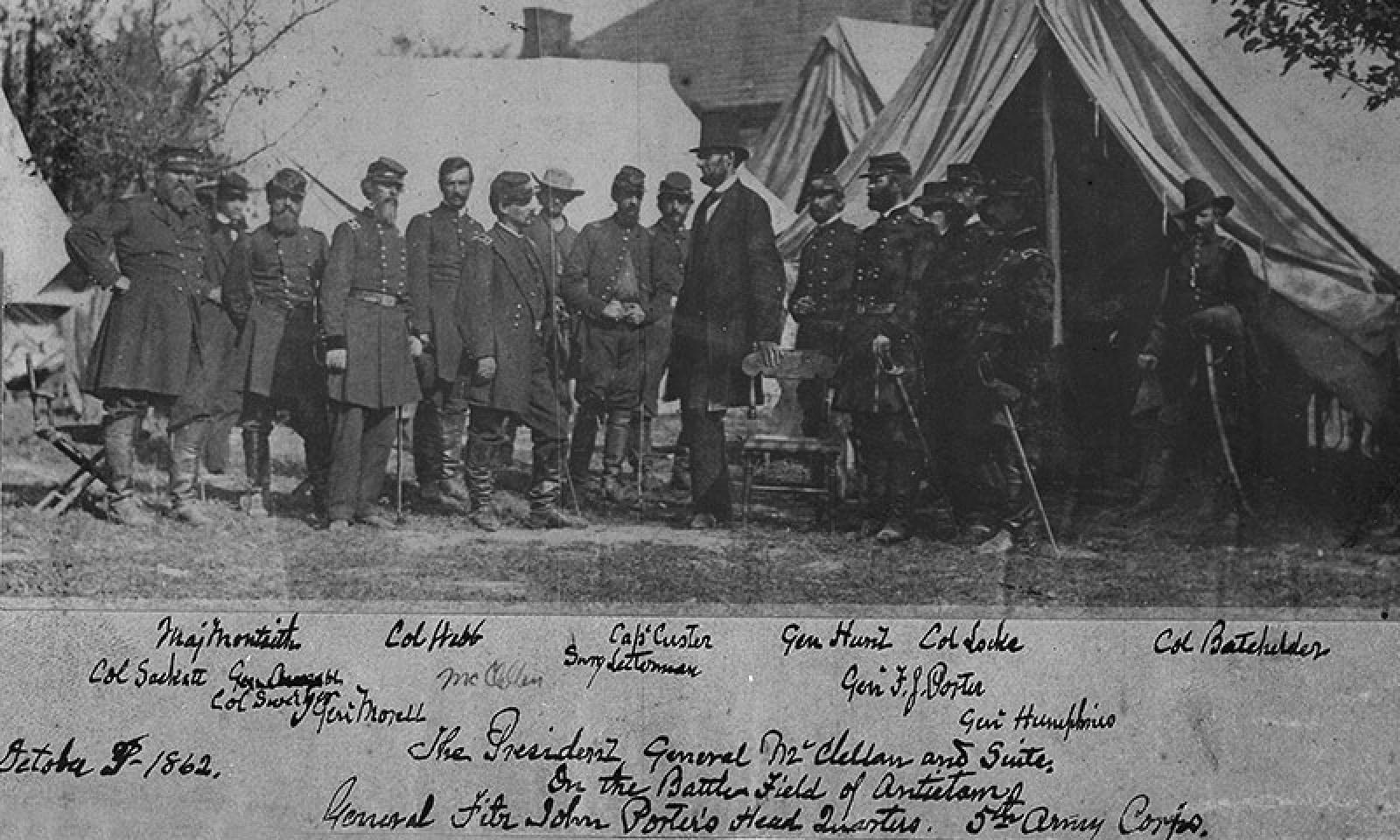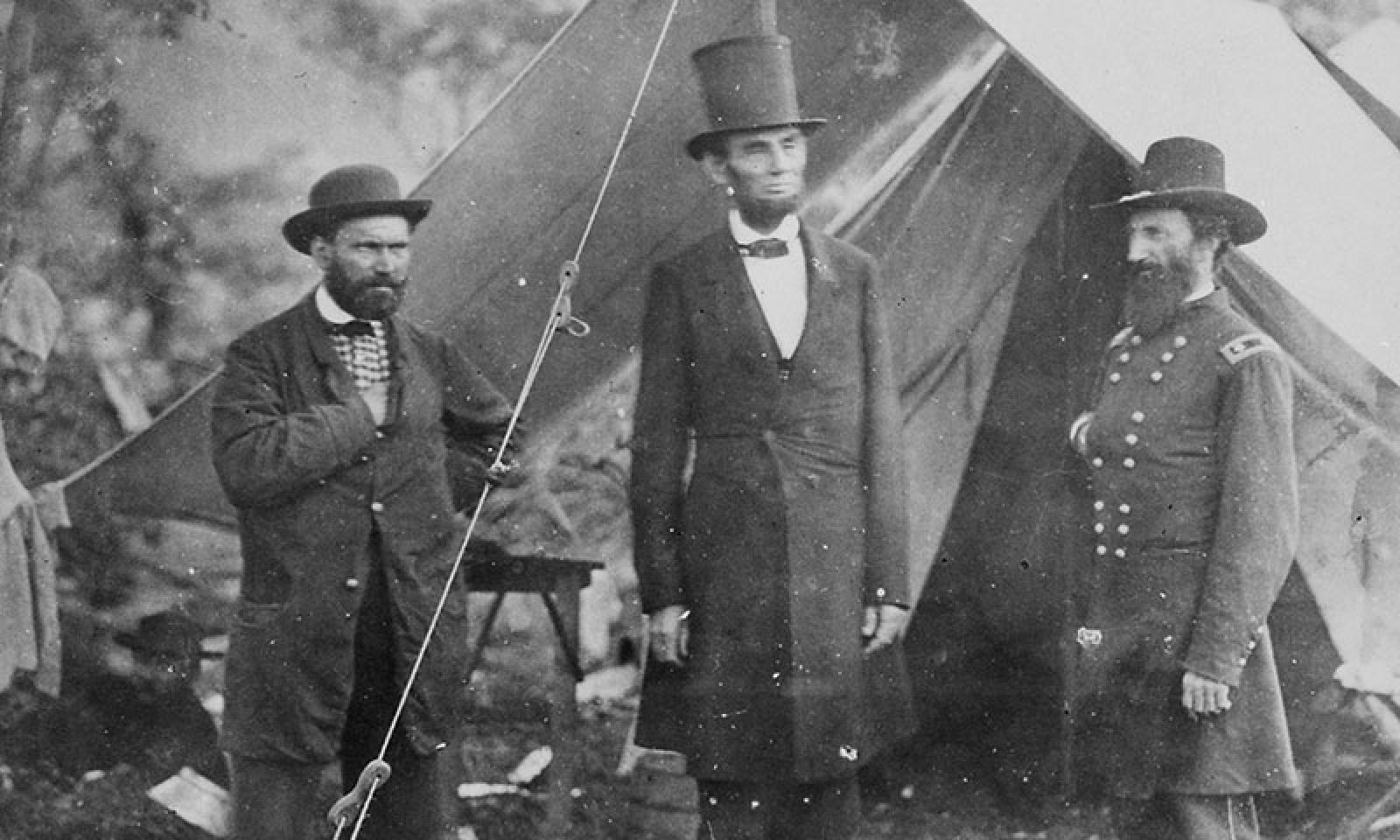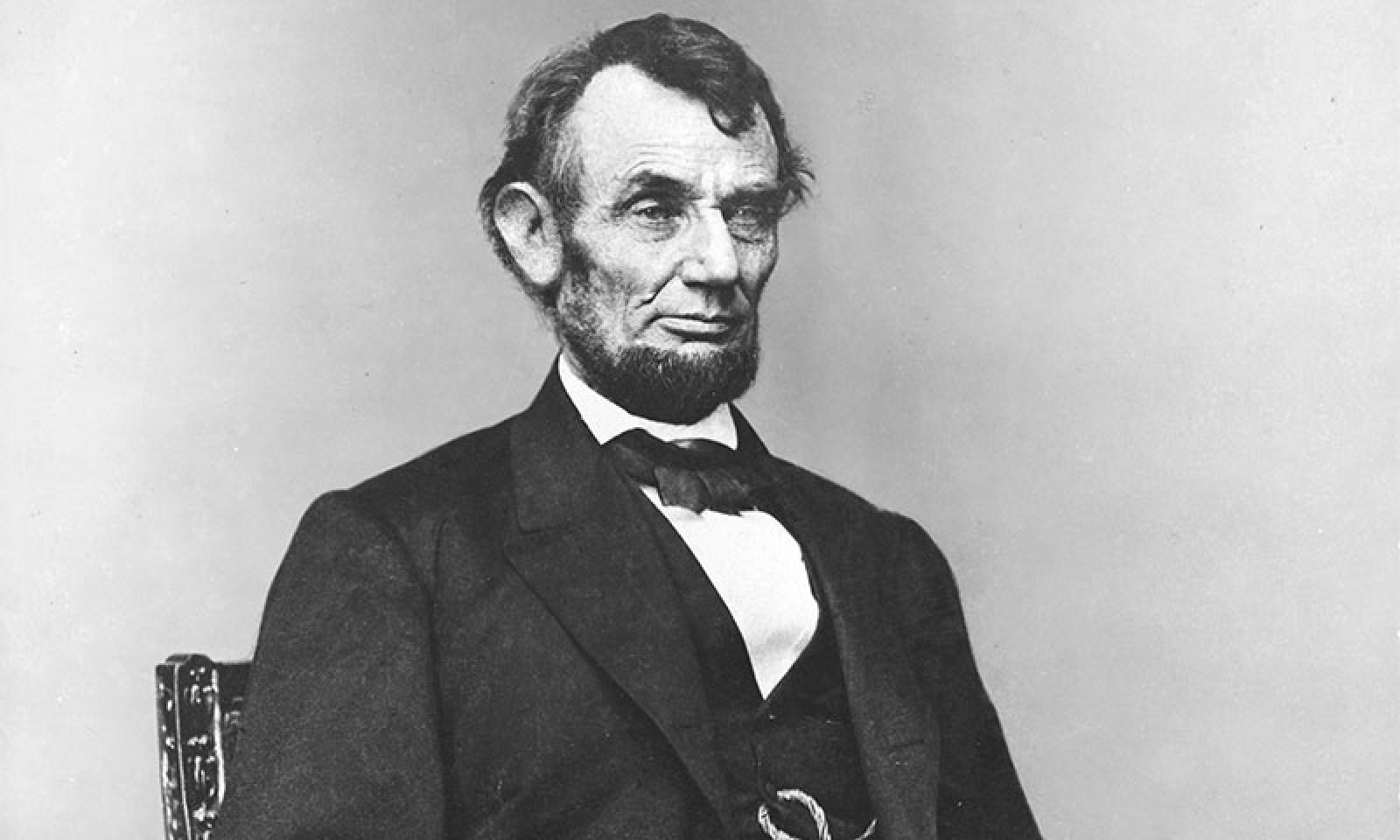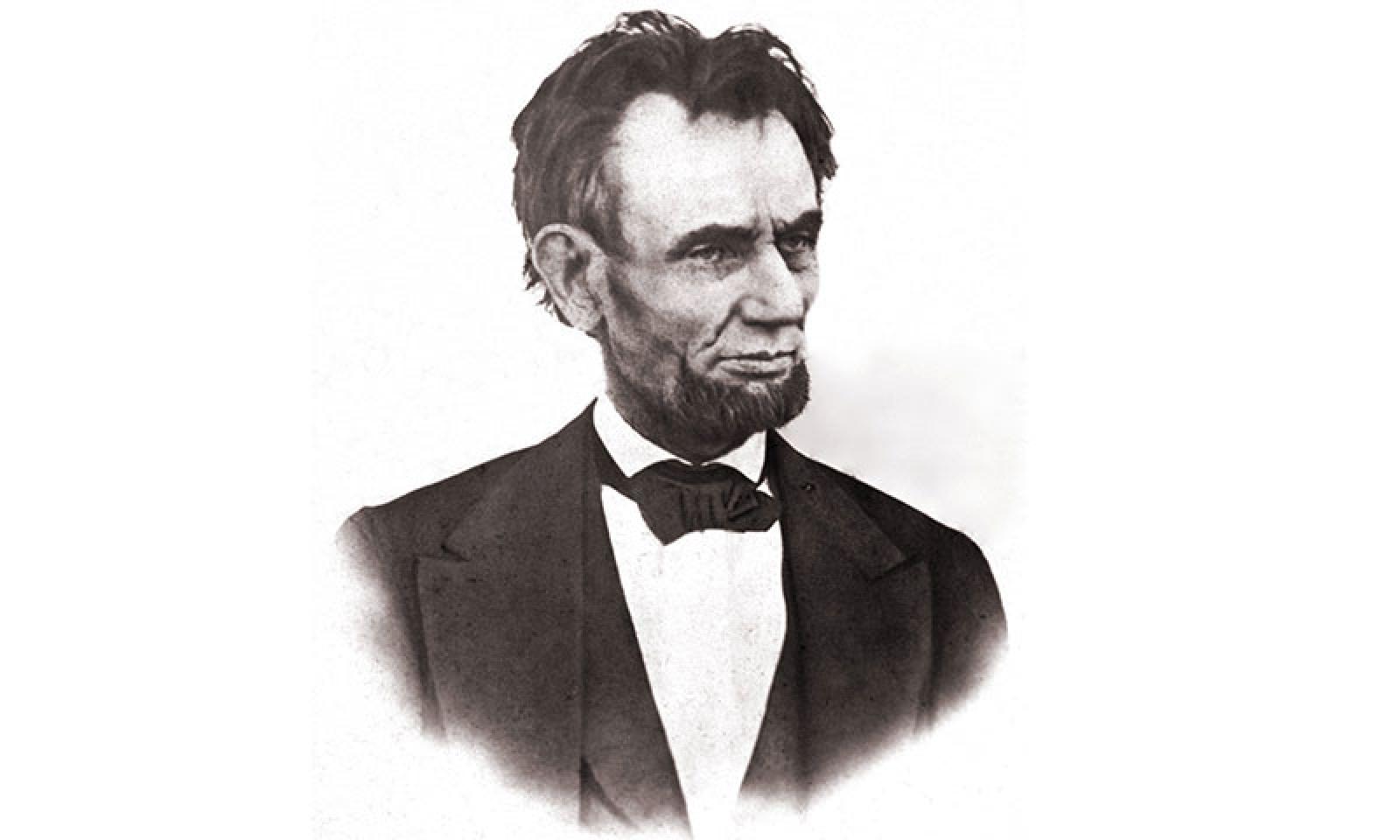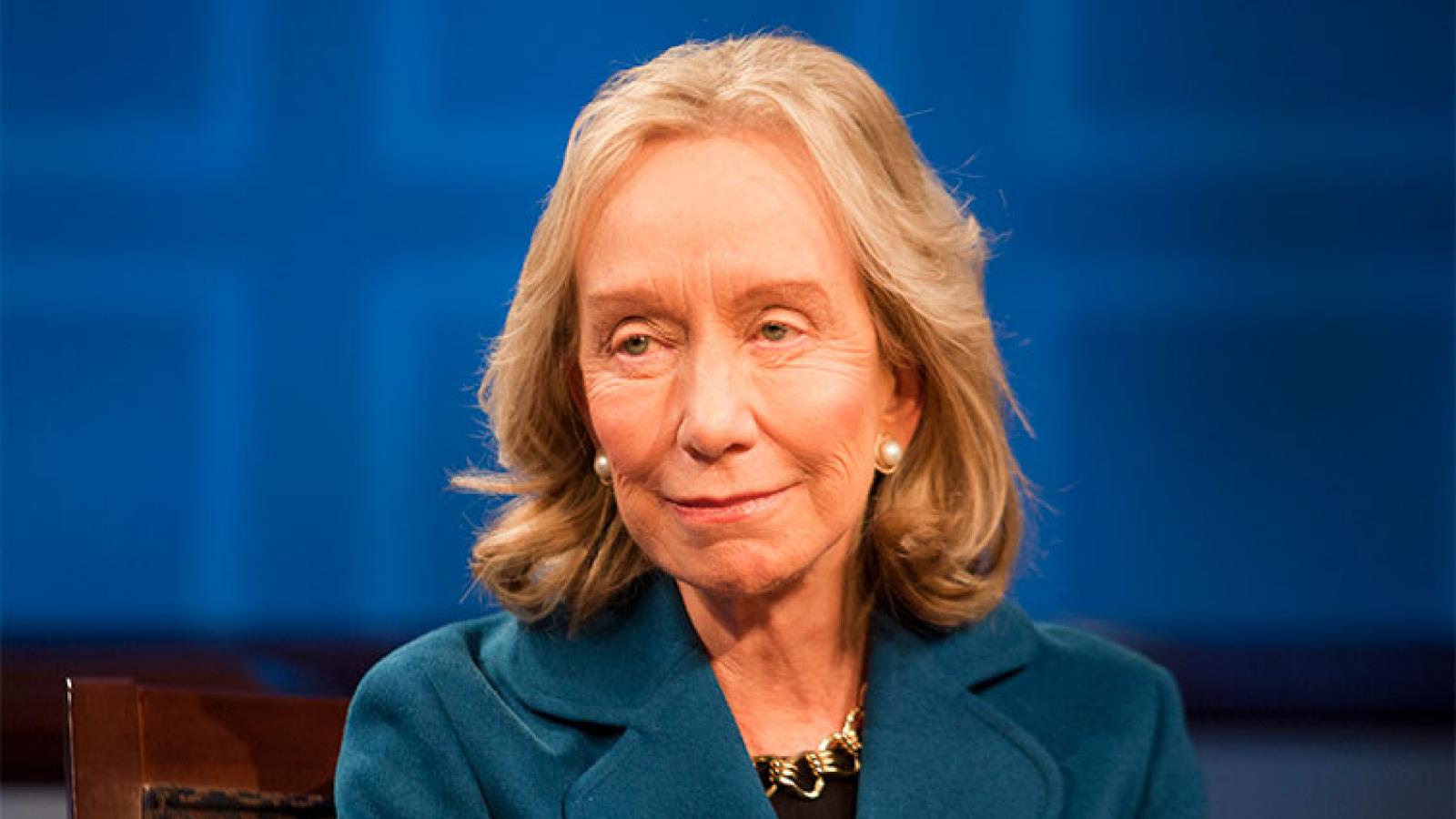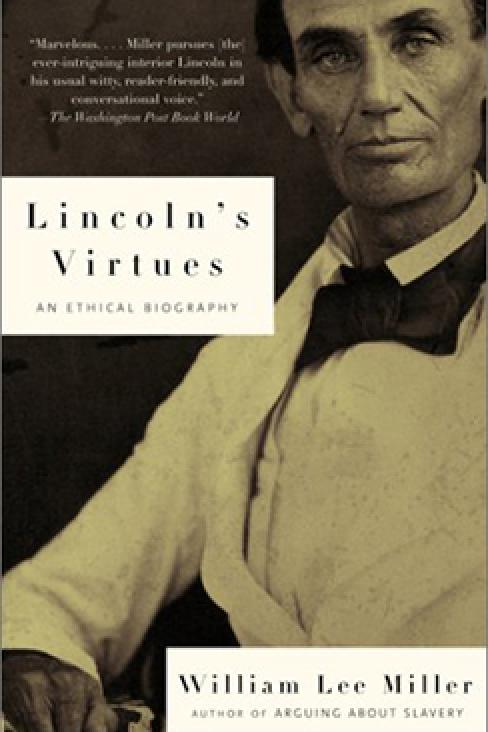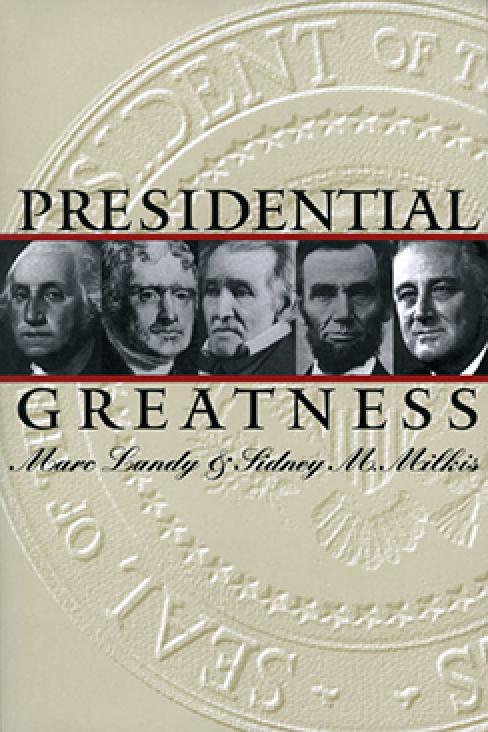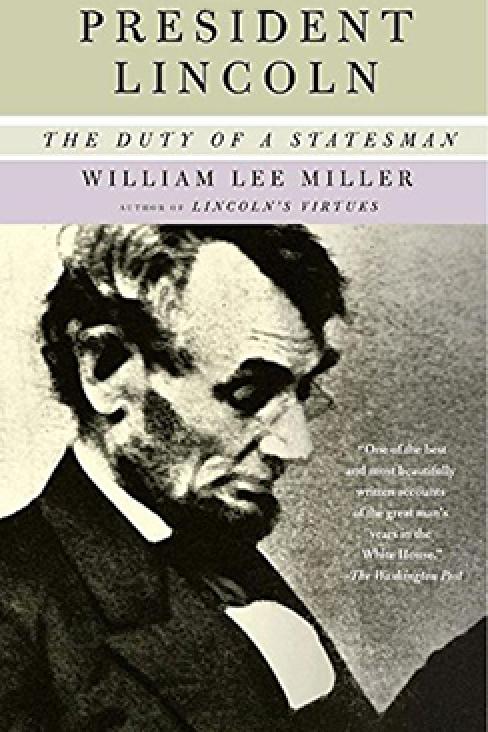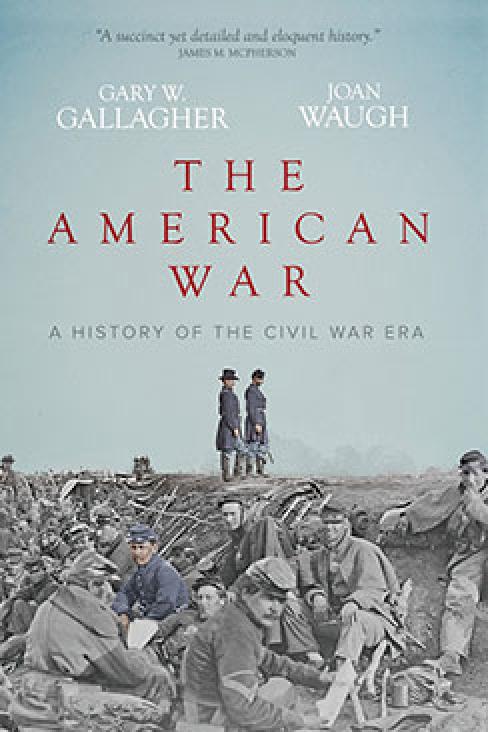1809 - 1865
Abraham Lincoln
With malice toward none, with charity for all, with firmness in the right as God gives us to see the right, let us strive on to finish the work we are in, to bind up the nation's wounds, to care for him who shall have borne the battle and for his widow and his orphan, to do all which may achieve and cherish a just and lasting peace among ourselves and with all nations. Second Inaugural Address
Overview
When Abraham Lincoln was elected President in 1860, seven slave states left the Union to form the Confederate States of America, and four more joined when hostilities began between the North and South. A bloody civil war then engulfed the nation as Lincoln vowed to preserve the Union, enforce the laws of the United States, and end the secession. The war lasted for more than four years with a staggering loss of more than 600,000 Americans dead. Midway through the war, Lincoln issued the Emancipation Proclamation, which freed all slaves within the Confederacy and changed the war from a battle to preserve the Union into a battle for freedom. He was the first Republican President, and Union victory ended forever the claim that state sovereignty superseded federal authority. Killed by an assassin's bullet less than a week after the surrender of Confederate forces, Lincoln left the nation a more perfect Union and thereby earned the admiration of most Americans as the country's greatest President.
Fast Facts
Featured Insights
Photo Gallery
Abraham Lincoln
Featured Video
December 12, 2014
A conversation with Doris Kearns Goodwin
Watch historian Doris Kearns Goodwin talk about leadership lessons from American presidents
